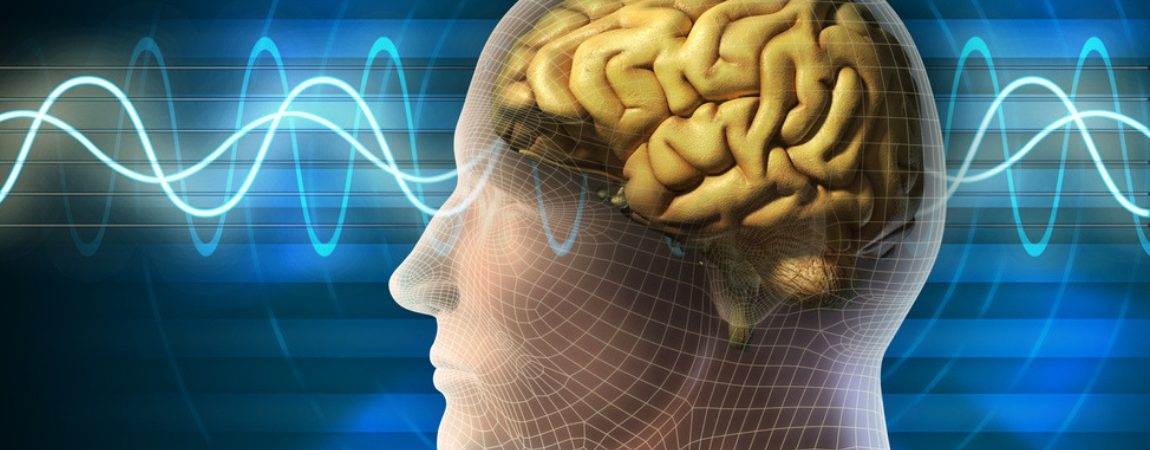Search results for diabetes
Article Categories
-
The National Sleep Foundation estimates that roughly 40 percent of Americans experience some difficulty sleeping each year. In addition to affecting physical conditions, such as heart health and diabetes, a lack of sufficient sleep is also known to affect mental health, instigating depression and anxiety. In new studies, a focus on nutrition has suggested that diet affects sleep and mental...
-
Chances are, you’ve heard of the term “biological clock,” while this is often times associated with women’s fertility and childbearing abilities, the truth is, almost all of the body’s biological processes are coordinated and timed by these internal biological clocks. The human body is comprised of a variety of biological clocks and rhythms. While these rhythms were once a mystery to...
-
High cholesterol has long been recognized as a risk factor for cardiovascular disease. For many years, the theory has been that the quantity of dietary cholesterol (foods containing cholesterol) consumed was directly related to high levels of cholesterol in the blood, contributing to heart disease risk. However, more recent research has disputed this theory, sparking an ongoing controversy. According to...
-
Melatonin is a hormone best known for its role in preparing the brain for sleep. Due to its effectiveness in this respect, it's the primary ingredient in many sleep supplements. Outside of the United States and Canada, melatonin-based formulas are only available with a doctor's prescription. While some argue that using melatonin for sleep isn't always effective, people suffering from...
-
Traditionally, the beginning of a new year is a time to reevaluate life choices and resolve to make certain changes in the year to come -- in other words, make so called "New Year's resolutions." The problem is, statistically, most people fail to keep their New Year's resolutions. Fortunately, there are some things you can do to stay motivated and...
-
People all over the world love spicy foods -- and chili peppers in particular -- but these potent peppers may do more than just add flavor to our favorite meals. According to a recent study conducted at Italy's Mediterranean Neurological Institute, eating chili peppers may benefit longevity. In particular, the researchers found that capsaicin reduces mortality risk by positively affecting...
-
Colorectal cancer goes by many names, including "bowel cancer" and "colon cancer," largely because it's a general term used to describe any cancer that develops in the rectum and the colon. According to the American Cancer Society, it can affect one in 21 men, making it the third-leading cause of cancer-related deaths in males. Although slightly less common in women...
-
New research has linked the gut microbiome and aging, suggesting that maintaining a healthier gut can help you feel younger for longer. A study conducted at Singapore's Nanyang Technological University focused on the effects of transferring the more diverse gut microbiota of older mice into the guts of younger mice. Once the transfer was complete, the younger mice were examined...
-
Before researchers uncovered the complexities of the gut microbiome, people commonly believed that the gut's only function was to carry and process food. However, separating nutrients from waste is just the most obvious function of that system and we now know that the gut is host to a complex community of microorganisms. This community has been named the gut microbiome...
-
Previous research has found that drinking coffee can provide a growing list of health benefits, from protecting cognitive functioning to strengthening cardiovascular health. While these benefits may seem unrelated, new research has discovered that they may all be attributed to the way in which coffee affects the gut microbiome. A new study finds drinking more coffee boosts gut health, adding...












